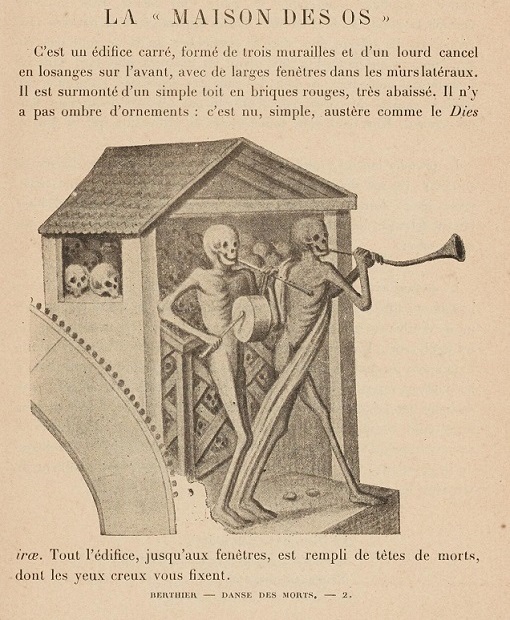István Frank’s personal library

István Frank (1918-1955) was a Hungarian specialist of Romance languages who graduated from the Historic and Philological Science Department at the École Pratique des Hautes Études (Practical School for Advanced Studies) in 1948. He became a lecturer of Romance philology at Saarland University in 1952. A brilliant researcher who died at the age of 37, he distinguished himself with Répertoire métrique de la poésie des troubadours (Metric repertoire of troubadour poetry) and Trouvères et Minnesänger (Trouveres and Minnesingers). He studied the works of Catalan troubadours such as Pons de la Guardia, Cerverí de Girona and Berenguer de Noya. He participated in many conferences regarding Romance studies such as the 7th International Romance Linguistics Conference (1953) and the International Language and Literature Conference in the Midi in France (1955).
"He became friends with Jean Boutière and when he felt the need to pass down his beautiful library to a research centre, quite naturally, István Frank decided to donate it to the very young Institut d’Etudes provençales (Institute of Provençal Studies) which Jean Boutière had just created from scratch."
(La France latine, n°129 (1999) « Les études de langue d’oc à la Sorbonne du XIXe siècle à nos jours » (p.61))
His widow, who became Sister Douceline in religion, set up the file and arranged the works with two collaborators.
The Centre d’Enseignement et de Recherche d’Oc (Occitan Teaching and Research Centre; CEROC) has a library dedicated to the ancient and modern language, literature and civilisation of the Occitan countries. The library has an ancient French language and literature collection, as well as an Italian, Catalan and Spanish language and literature collection. This library is particularly equipped with different legacies including that of István Frank: the iconographic Jules Charles-Roux collection, the Amis de la langue d’oc (Friends of the Occitan Language) collection, the Jean Boutière legacy, the René Méjéan collection and the Bibliothèque Publique d’Information (Public Library for Information) collection of the Pompidou Centre. In 2022, the CEROC became the BLOR (Occitan and Romance Linguistics Library). It is associated with the French Language Department at Sorbonne University.
Although István Frank was a provencialist, his library reflects his more general curiosity for Romance languages (and non-Romance languages sometimes). The sixteen digitised works form a both coherent and varied collection which is rich in its diversity. In fact, you could divide this selection of works into four parts.
In this collection, you will find studies on Occitan and Romance poetry (his preferred field) in German, Italian and Catalan. These studies focus on either one particular author (Les Chansons du Troubadour D. Joan Garcia de Guilhade, XIIIe siècle; The Songs of the Troubadour D. Joan Garcia de Guilhade, 13th century) or one particular country (Italy), and they always cover the medieval period.
The second part of this selection consists of studies of literary themes in ancient French (Danse des morts = Dance of the Dead ; Légendes de l’Antéchrist = Legends of the Antichrist), as well as a more isolated study on Celtic literature (very well received at the time of its publication). A work on primitive Christian literature and another one on literary aesthetics complete these literary resources.
The third lot consists of linguistics and grammar works regarding French and Italian language, as well as a more surprising work on paleolinguistics and the origin of language, a work which was highly criticised at the time of its publication in 1927.




